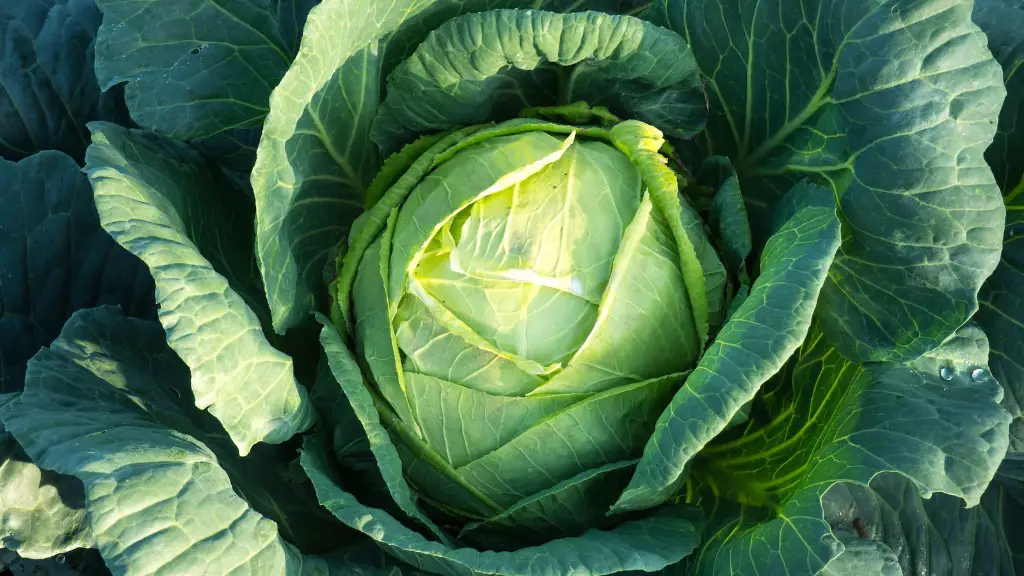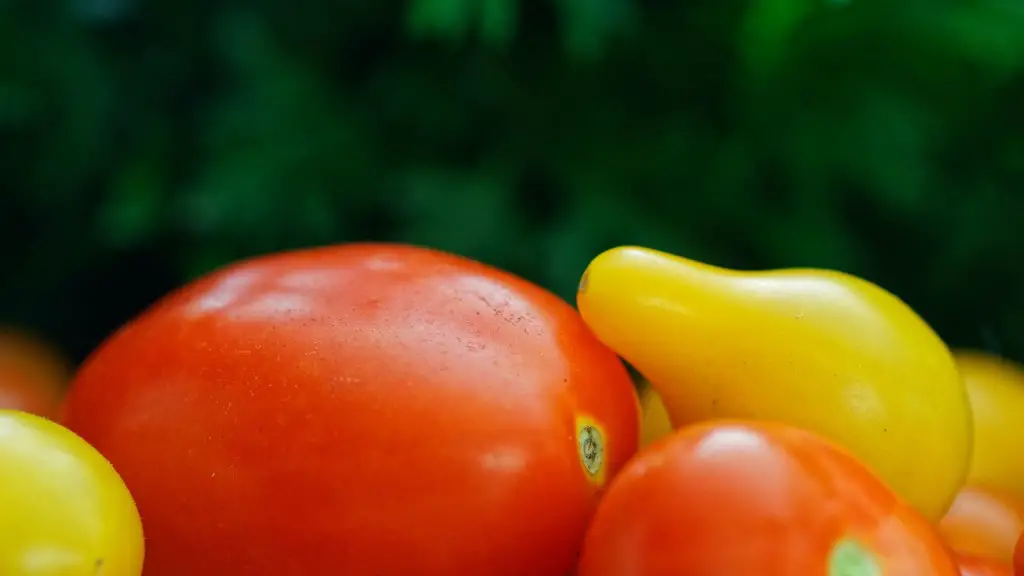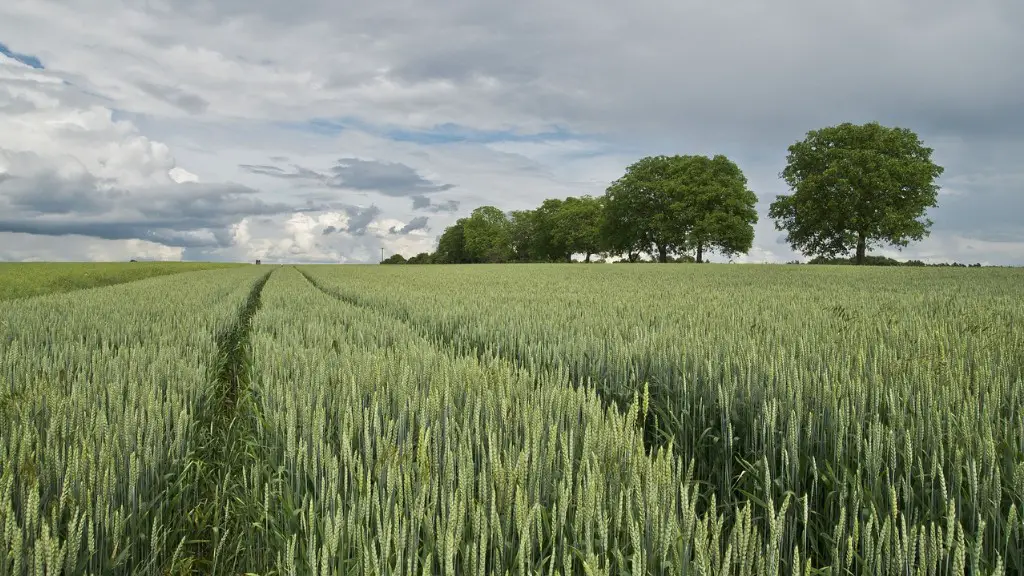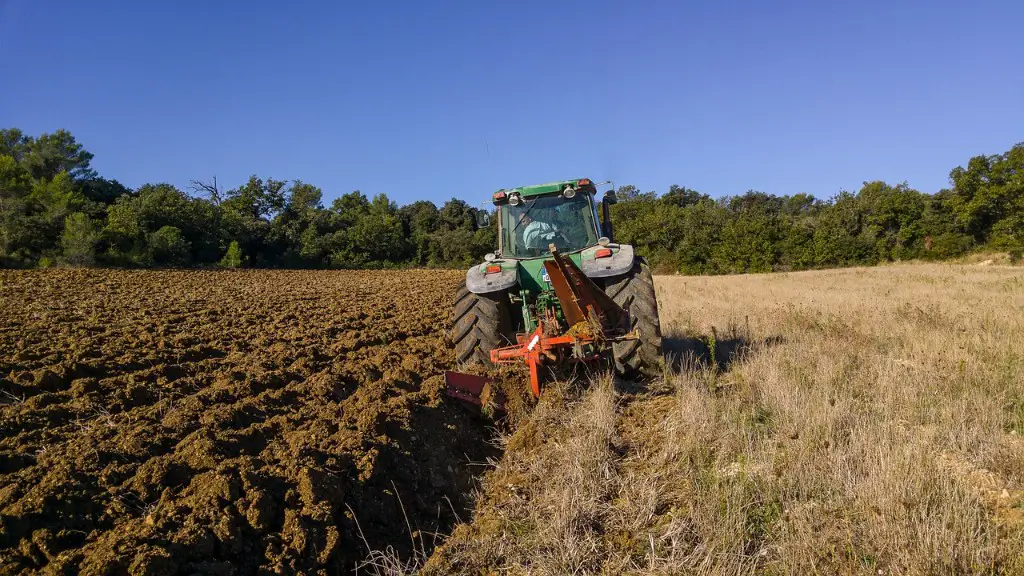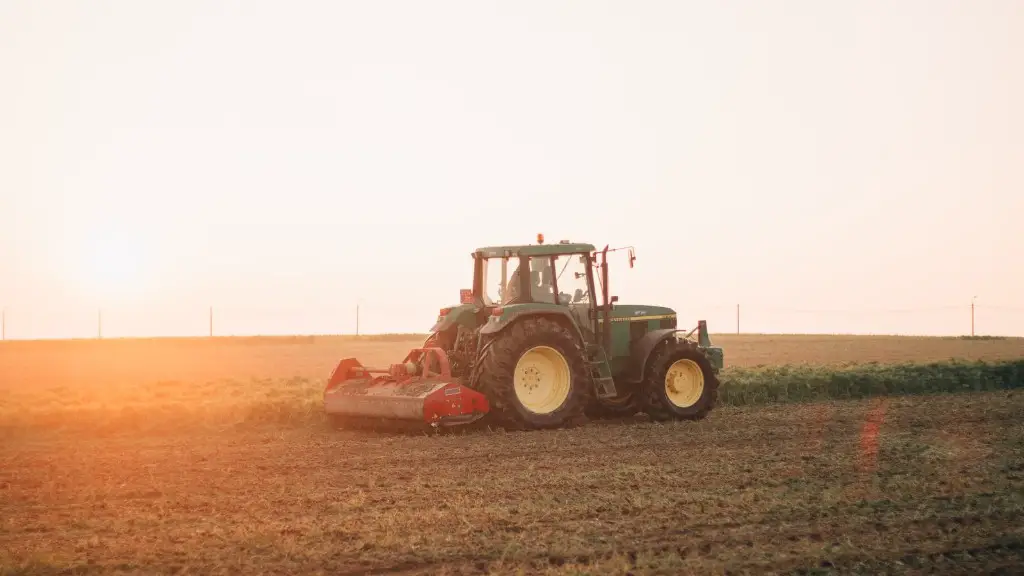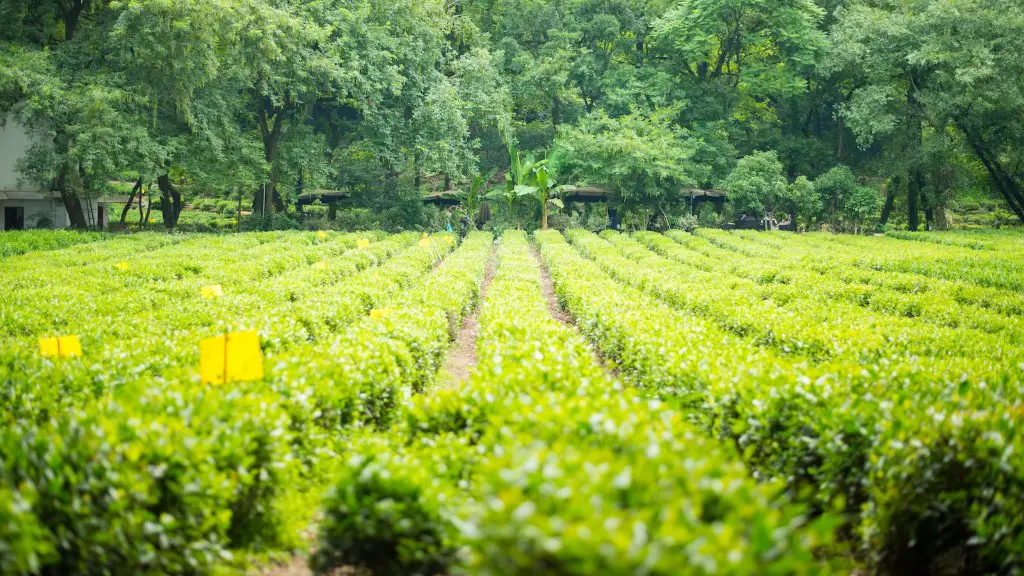Though Israel is a small country, its agriculture is very diverse. Israel is known for its citrus fruits, but its agriculture also includes wheat, vegetables, cotton, and livestock. Israel’s agriculture is advanced, and its farmers use irrigation and other modern techniques to maximize crop yields. Israel’s agriculture sector is highly subsidized and protected, and the country is not self-sufficient in food production.
Israel’s agriculture is not true.
Does Israel have agriculture?
It is amazing what Israel has done in terms of agriculture and water management. They have really become a global leader in these areas and it is impressive. They have managed to create a remarkable agricultural transformation and have really made a difference in the world.
The government’s commitment to agricultural development was the first factor in Israel’s success. Without it, there would have been no agriculture in the Jordan Valley desert, where the only available water is one kilometre below the ground, or in the Negev desert. Strong leadership on the issue was also critical to the success of the agricultural sector.
What is the main problem facing agriculture in Israel
Israel is a small country with limited land and water resources. This means that the country cannot be self-sufficient in agriculture and must import some of its food. This affects local production costs and consumer prices.
Fruit and vegetables are an important part of a healthy diet. They are packed with vitamins, minerals, and fiber and can help you stay feeling full and satisfied. Plus, they’re a great source of antioxidants.
While all fruits and vegetables are good for you, some are especially high in nutrients that are important for good health. Citrus fruits, for example, are a great source of vitamin C. And avocados, bananas, and olives are all good sources of healthy fats.
So, make sure to include a wide variety of fruits and vegetables in your diet to get the most benefit. And, when you can, choose ones that are especially high in nutrients.
Is Israel a world leader in agriculture?
Despite numerous challenges, Israel succeeded in transforming its agriculture sector and emerged as a world leader in agriculture and water management. Israel records the highest cow-milk productivity in the world (13,000 liters vs 6000 liters in Europe), the highest tomato yield (300 tons per hectare vs.
Israel is a leading country in terms of livestock breeding and milk production. The productive agriculture industry is the result of the use of brackish water, advanced irrigation systems and other new technologies. Different schools in Israel offer master’s degree programs in agriculture, in English.
Which country is No 1 in agriculture?
1) China has a mere 10% of the world’s arable land yet produces a quarter of the globe’s grain output. This fact alone is a huge testament to the Chinese agricultural industry.
2) Not only is China a top grain producer, but the country also leads the way in the production of fruit, vegetables, cotton, eggs, and poultry.
3) The Chinese agricultural sector employs a huge percentage of the country’s population and is vital to the country’s economy.
4) China is constantly innovating and improving its agriculture methods and is always searching for ways to increase yields and produce even more food.
5) The country’s agricultural output is essential to feeding its huge population and also plays a key role in global food security.
Agricultural production is vital to the economies of China, India, the United States, and Brazil. These countries are the top agricultural producers in the world, accounting for a significant portion of the global output of food and other agricultural products. Agricultural production in these countries is characterized by a high degree of efficiency and productivity, due to the use of modern technology and practices. In addition, the vast size of these countries’ agricultural sectors ensures that they are able to meet the demands of their growing populations.
Why is Israel so fertile
The fertility rate in Israel has been on the rise over the past few decades. This is largely due to the high fertility rates of both the secular and traditional Jewish populations. The combined fertility rate of these two groups is greater than 22, which is higher than the average fertility rate for OECD countries. This shows that Israel is a country with a high fertility rate and a growing population.
Addressing the triple challenge of feeding a growing population, providing a livelihood for farmers, and protecting the environment requires a coordinated effort. If we are to make sustainable progress in any of these areas, we must work together to find solutions.
One way to address the challenge of feeding a growing population is to increase food production. This can be done through intensifying agricultural production, expanding agricultural land, or improving the efficiency of food distribution and consumption.
To provide a livelihood for farmers, we must ensure that they have access to land, water, and other resources, and that they are able to sell their crops at a fair price. We must also provide support to small-scale farmers and ensure that they have the skills and knowledge to produce food effectively.
To protect the environment, we must reduce the use of harmful chemicals, promote sustainable land management practices, and conserve natural resources. We must also reduce food waste and emissions from agriculture.
Working together to address these challenges is essential to achieving sustainable development.
What is the most common problem in agriculture?
Unemployment, waterlogging, salinity, acidity, and pests are common problems in Indian agriculture. The country’s agriculture highly depends on rain-fed.
The farming systems in many parts of the world are under immense pressure due to small land sizes, lack of resources, and degradation of soil quality. These problems are further compounded by the effects of climate change, such as more frequent extreme weather events. This is resulting in a major challenge for sustainable crop production and food security.
Is the soil fertile in Israel
The GangesRiver is a major river in India and one of the holiest rivers in Hinduism. It is also regarded as a life-giving River and is worshipped as a goddess by many Hindus. The River is about 2,525 kilometers long and its basin covers an area of 1,086,000 square kilometers.
The GangesRiver has two main sources – the Bhagirathi and the Alaknanda Rivers. The Bhagirathi River is the longer of the two and is considered to be the main source of the Ganges. The River originates from the Gangotri Glacier in the Himalayas and flows through the states of Uttarakhand, Uttar Pradesh, Bihar and West Bengal before finally draining into the Bay of Bengal.
Its northern stretches are extremely fertile, while the southern portion is semi-arid. The Ganges basin is one of the most densely populated regions in the world and is home to almost one-third of India’s population. The River is also a major source of water for irrigation and provides drinking water to millions of people.
The Ganges is a sacred River and is worshipped as a goddess by Hindus. It is also considered to be a purifier of sins and
The main crops in the ancient Levant were wheat, barley, legumes, figs, grapes and olives. Because most river valleys in the region were unsuited for irrigation on a large scale, farmers were dependent on rain. They built and maintained stone terrace-walls to retain water and soil on the steep slopes of the highlands.
Does Israel import most of its food?
Israel is highly dependent on agricultural and food imports. Due to the country’s limited arable land and water resources, the dependence will only increase. Israel’s food supply chain is crucial for the stable availability of food, but various domestic and international events have had a substantial impact on it.
Israel has been particularly successful in agriculture due to their utilization of advanced farming techniques. These techniques have allowed them to increase crop yields and improve water efficiency. Additionally, the Israeli government has invested heavily in agricultural research and development, which has helped them to stay ahead of the curve in terms of agricultural innovation.
What is Israel known for producing
Cut diamonds, refined petroleum, pharmaceuticals, machinery and equipment, medical instruments, computer hardware and software, agricultural products, chemicals, textiles and apparel are all important exports for the country. They are all products that are in high demand around the world and generate a lot of revenue for the country.
The top 10 exports to Israel in 2022 are expected to be commodities such as corn, distillers grains, other feeds, meals and fodders, soybean meal, and so on. The total value of these exports is estimated to be around USD 7884 million, and the total volume is expected to be around 224,575 metric tons.
Final Words
There is no one-size-fits-all answer to this question, as the statements about Israel’s agriculture vary depending on the source. However, depending on the source, one statement about Israel’s agriculture that is not true may be that it is not very diverse.
Israel’s agriculture is not as advanced as other developed countries.
